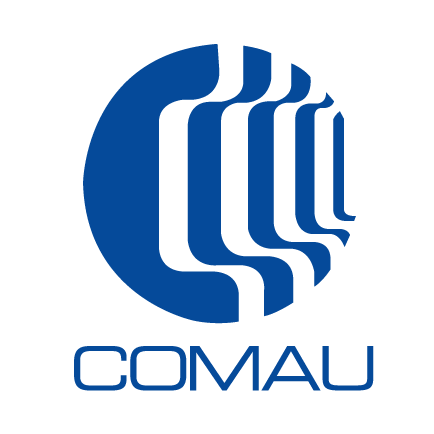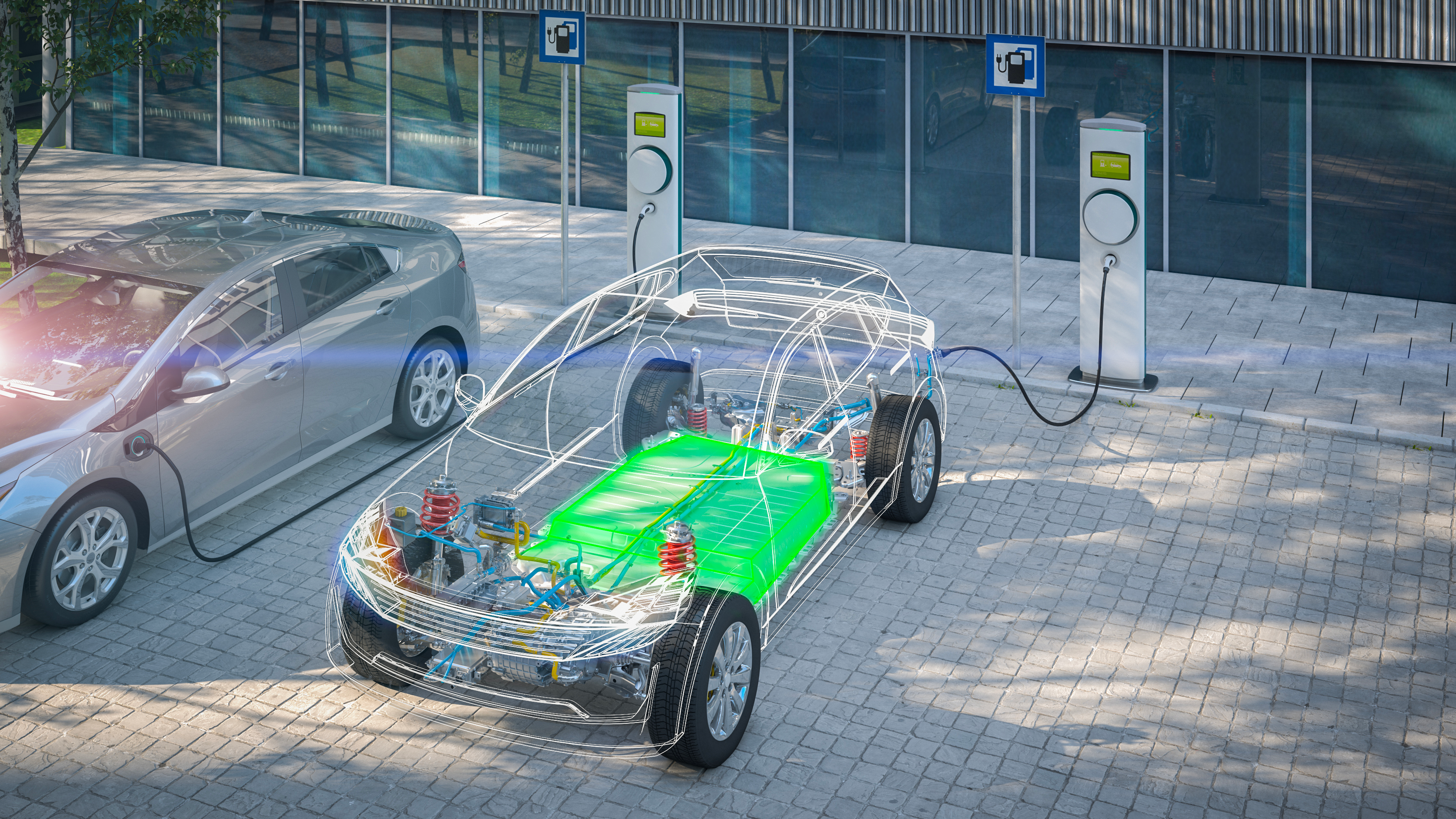Comau participated in the 6th edition of e_mob, the sustainable mobility Festival that took place in Milan on 1-4 October, presenting innovative technological solutions for automated, flexible and secure disposal of electric batteries.
During the event, on 4 October, Giovanni Di Stefano, Head of Advanced Robotics and Digital Solutions at Comau, contributed to “The Italian platform for circular economy ICESP: Activities, projects and good practice for sustainable mobility”, a conference coordinated by the ENEA agency, on the specific theme “Automating the management of worn-out batteries”.
Emphasising Comau’s commitment to the development of increasingly innovative and sustainable industrial solutions for managing electric battery recycling and reusing processes, Di Stefano explained the benefits and performance of the Flexible Battery Dismantling (Flex-BD) project, on which Comau is working together with other partners within EIT Manufacturing, an innovation-dedicated community funded by the European Union within the EIT.
“Currently the electric battery recycling capacity in Europe is still lower than production volumes – A scenario implying for EU countries the availability of over 1 million discarded batteries to be reused by 2030 – says Giovanni Di Stefano, Head of Advanced Robotics and Digital Solutions at Comau. It is therefore necessary to upgrade the processes for recovering battery modules and their components, making them more efficient and sustainable. In this perspective, with the Flexible Battery Dismantling (Flex-BD) project, Comau wanted to anticipate a market demand for the development of robotised, upgradable and flexible work processes based on smart, reconfigurable automation”.
Flex-BD is a robotised system designed by Comau for automating the entire process of dismantling worn-out electric batteries, using a highly flexible, repeatable and standardizable process helping businesses reduce wastage and optimise reuse of the raw materials used in battery packs.
This innovative solution uses a “LowCode programming” approach – i.e. flexible programming with reduced use of codes – based on state-of-the-art environmental perception techniques and the robot’s reactive capacity. Such characteristics help quickly redefine a dismantling cycle through CAD, with no need to reprogram the robot, and automatic planning of its path based on the application to be used. The flexibility of such automation is provided through metalanguages and self-adaptive approaches helping use Flex-BD in a large product range, guaranteeing improvement of the recycling plant’s overall productivity. While automating traditionally manual handling processes that often include repetitive and heavy tasks in addition to contact with potentially harmful substances, using the Flex-BD system also has a positive impact on workers’ health and safety.
The complete list of conferences is available on the official e_mob site.

